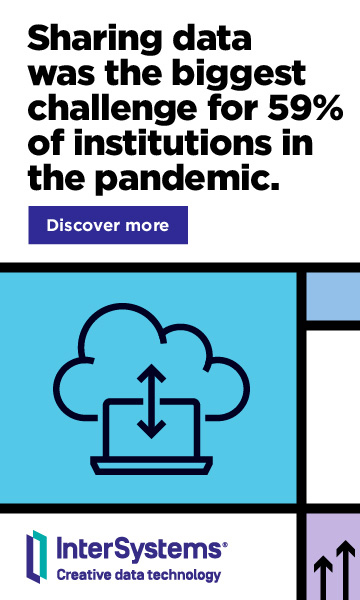For today’s students, technology is omnipresent. They’re able to conduct many aspects of their personal lives through their mobile phone or laptop, however, this often isn’t reflected in their university experiences.
With the typical university environment made up predominately of fee-paying students and a significantly smaller percentage of full-time employees, higher education institutions now have to consider this group as their customers and understand how they can best serve them.
Consequently, higher education institutions are beginning to embark on a digital transformation journey to bring their systems and technology in line with student expectations and to enhance their experience.
So, how can universities address the dichotomy between their technological offering and student expectations? What kinds of technologies can they implement and what are the benefits for both students and the institutions themselves?
Embracing digital transformation
Traditionally, higher education institutions have been under pressure to do more with less. As a result, many institutions are laden with traditional IT departments which are either at the point of requiring refreshing or no longer fit for practice in the modern university environment. Currently, the majority of universities have a large number of different applications and systems in use across the organisation and that students may need to access. As many of the systems need to interact with each other, this presents a significant challenge.
However, leaders within these organisations are becoming more aware of this issue and the knock-on effect this is having. As a result, many are seeing integrating their systems properly as a way to improve efficiency and gain economies of scale. Additionally, linking systems provides a better experience to the business and their customers.
APIs will be instrumental in this process of linking different systems together and removing data siloes. At this time, a committee is working on standardising APIs across institutions. By building a minimum standard in this area, universities will be better placed to tackle some of the data governance issues they are facing.
This means they will be able to safeguard their students’ privacy rights and maintain accountability for protecting all types of restricted data, which have been among their top IT issues.
With this technology also able to be implemented within classrooms and becoming the tools students use to conduct research, for example, this will ensure that higher education institutions can use data meaningfully and ethically.
Further to this, by making systems more efficient, universities will then be able to release funding for other initiatives as part of their digital transformation journey.
Implementing cloud and AI
As funding becomes available, universities can then look to implement the latest technologies within their campuses, including cloud, artificial intelligence (AI) and machine learning (ML).
By implementing cloud and technologies like InterSystems IRIS which use APIs to share data, universities can make their systems more efficient. This will also help them tackle the problem of interoperability and simplify digital integrations which have been found to be among the top 10 tech issues for higher education institutions this year.
Higher education institutions could also benefit from implementing AI. Our InterSystems IRIS data platform features AI modules which can be applied to university environments to help these organisations make better use of their data and gain more in-depth insights which can then be used to improve the experience on offer.
Where does InterSystems come in?
A consideration when deciding which types of technologies to implement is that universities have different funding streams based on a range of factors, including whether they are research-based or teaching universities, which tend to be more business-led institutions. This will directly impact the budgets they have available for technology and the types of technology they may adopt. InterSystems conducts business directly with institutions in line with these requirements so that the needs of each organisation are being met.
As some universities begin to provide their own cloud services facilities for their industry, InterSystems can provide the expertise they need to do so successfully. Our assistance can provide the functionality and technology required to enhance their offering and super-scale their services. By using our InterSystems IRIS® data platform, universities will be armed with the tools they need to evolve and develop new applications and processes to be used across their network. InterSystems can also help with the integration of these technologies to ensure that they are implemented smoothly and as much value as possible can be derived from them.
In turn, this will allow these institutions to offer better experiences for students and adopt more of the technologies that are so prevalent in all other areas of their lives.
Look out for my next blog in this series to uncover how higher education institutions can also implement new technology as teaching devices to arm their students with the skills they need to enter the workforce.






